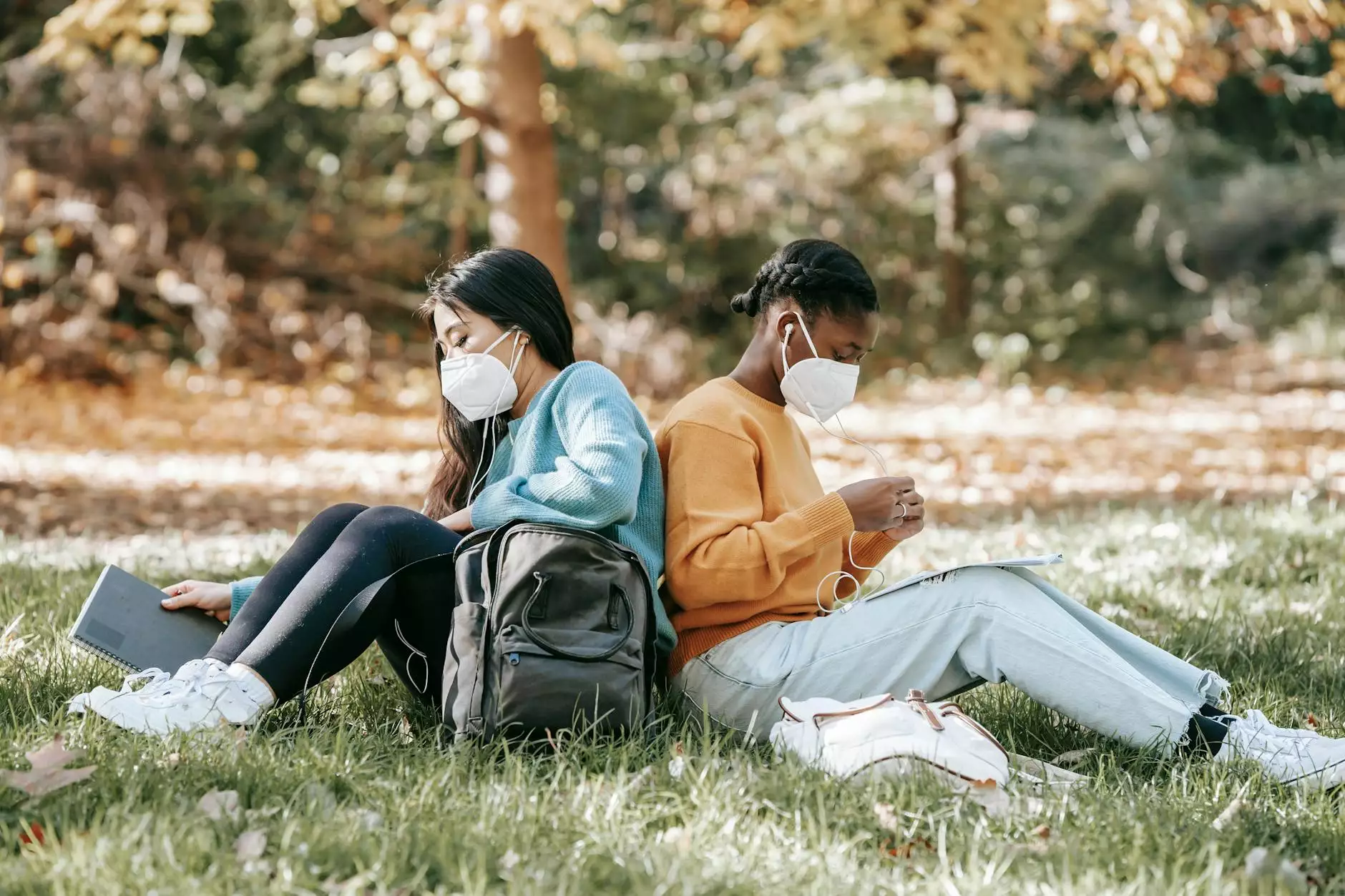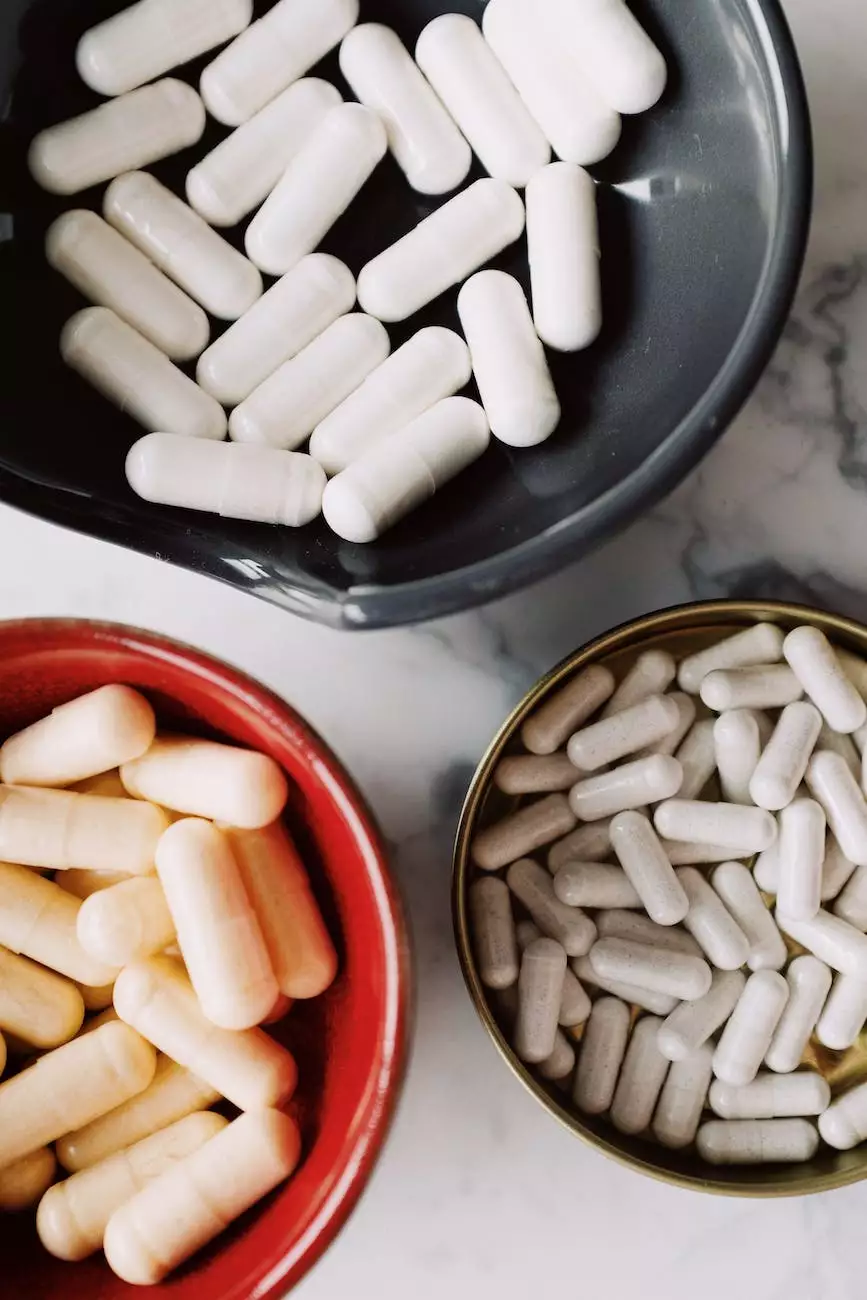How to Prevent a Relapse During the Holiday Season

Introduction
As the holiday season approaches, it can be a challenging time for individuals struggling with mental health issues and those who have recently completed treatment or therapy. The festivities, combined with social gatherings and expectations, often create an environment that can potentially trigger a relapse. It is important to be aware of the potential risks and implement strategies to safeguard your mental health during this time.
The Impact of the Holiday Season on Mental Health
The holiday season can bring about a range of emotions, including excitement, joy, and stress. For individuals dealing with mental health concerns such as depression, anxiety, or addiction, these emotions can become amplified. Factors such as unrealistic expectations, financial pressures, family dynamics, and increased alcohol consumption can contribute to feelings of overwhelm and vulnerability.
Recognizing Warning Signs
It is crucial to be aware of the warning signs that may indicate an impending relapse. These signs can vary depending on the individual and their specific struggles, but some common indicators include:
- Increased feelings of sadness, irritability, or hopelessness
- Changes in sleep patterns or appetite
- Withdrawal from social activities and isolation
- Cravings for substances or engaging in addictive behaviors
- Difficulty concentrating or making decisions
- Experiencing intense stress or anxiety
Strategies to Prevent Relapse
Here are some effective strategies to help prevent relapse during the holiday season:
1. Prioritize Self-Care
Make self-care a top priority. This includes getting enough rest, engaging in regular exercise, maintaining a healthy diet, and practicing stress-reducing techniques such as meditation or deep breathing exercises.
2. Set Realistic Expectations
Acknowledge and accept that the holiday season does not have to be perfect. Let go of unrealistic expectations and focus on what truly matters, which is spending quality time with loved ones and taking care of your well-being.
3. Establish Boundaries
Learn to set healthy boundaries with family, friends, and social commitments. It is okay to decline certain invitations or limit your participation if it becomes overwhelming. Prioritize your mental health and do what feels right for you.
4. Seek Support
Reach out to your support system, whether it be friends, family, or a therapist. Let them know if you're feeling vulnerable or struggling with maintaining your mental health. They can provide invaluable support and guidance during this time.
5. Plan Ahead
Prepare yourself for potential triggers and challenging situations. Create a relapse prevention plan with your therapist or counselor, outlining coping strategies, emergency contacts, and steps to take in case of an emergency. Having a plan in place can provide a sense of security and control.
6. Avoid Isolation
Stay connected with supportive individuals in your life. Attend support groups, engage in virtual therapy sessions, or participate in activities that align with your interests. Avoid isolating yourself, as social support is crucial during this time.
7. Practice Mindfulness
Incorporate mindfulness techniques, such as meditation or journaling, into your daily routine. Mindfulness can help you stay grounded, manage stress, and observe your thoughts and emotions without judgment.
Conclusion
By implementing proactive strategies and prioritizing your mental health during the holiday season, you can significantly reduce the risk of a relapse. Remember, you have the power to take control of your well-being and create a meaningful, fulfilling holiday season. If you find yourself struggling, do not hesitate to seek professional help from experts like Alison K Bowles, Ma, Lmhc in the field of mental health.










